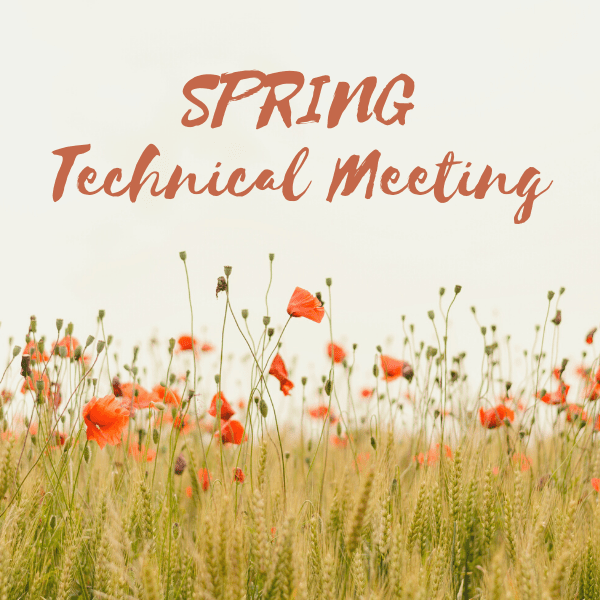
- This event has passed.
Spring Technical Meeting
April 12, 2022 @ 4:00 pm - 9:00 pm
$35
Agenda:
4:00 – Dinner Ticket / Membership Sales
4:30 – Technical Presentations
6:00 – Social Hour
7:00 – Dinner
Advanced Reservations: $35 each ***Without prior reservation: $40 each (limited number available)
Email reservations to Mary Puskas at mpuskas@littlern.com OR mail to Ohio Rubber Group, PO Box 341, Bath, OH 44210
Spring Technical Meeting Information and Reservation Form
Technical Presentations:
****Please turn off cell phones during the presentations****
General Considerations in Failure Analysis of Rubber and Plastics
Dr. Jason Poulton, Senior Technical Advisor, Akron Rubber Development Laboratory
Rubber and plastics will fail in a variety of unexpected fashions. A sound approach to assigning a root cause to a failure is almost always based on the foundation of the classical Scientific Method. This presentation will describe real world failure analysis projects from ARDL customers as well as the variety of analytical testing and reasoning used to assign root causes. If you have attended a presentation with the same title in the past, don’t worry……….our industry has no shortage of unexpected product failures so real world examples covered in previous presentations are constantly replaced with more recent examples.
Bioinspired Material Design from 3D Printed Rubber
Arnob Banik, ORG Scholarship Recipient, Global Technology Intern, The Goodyear Tire and Rubber Company, PhD Candidate, Mechanical Engineering, The University of Akron
Biomimicry, which means “mimicking nature”, enables scientists and engineers to learn how the science of special animal features can be applied to solve human problems and provide desired technological outcomes. Researchers have identified the potential to remain stable on flooded surfaces in some tree and torrent frogs with the help of their toe-pads. So, the dynamic friction performance of frog toe-pad-inspired surface patterns are investigated and compared them to a sample tire tread design. Three types of frog toe-pad-inspired designs were modeled and fabricated using Thermoplastic Polyurethane (TPU) material by 3D printing technology. Moreover, The Echinocyamus pusillus (sea urchin), a versatile marine invertebrate, is well known for its skeletal structural design with excellent strength due to its overall shape and internal supports. Being inspired by the structures of the sea urchin, the impact tolerance of uniquely designed models has been examined. Specimens were manufactured through 3D printing using flexible TangoPlus FLX930 material to study the effects of buttress thicknesses, number, and spacing. Future work focuses on building bioinspired double core sandwich composite using additive manufacturing. Hence, the top core will be prepared using rubbery material mimicking the woodpecker’s head structure or to absorb greater energy from impact.
Most Effective Tests for Measuring Quality of Mix when Using Recycled Rubber Powders
John Dick, Richard Hanzlik, Alpha Technologies
The consumption of recycled rubber powder (RRP) for use in factory rubber compounds has been increasing greatly to improve the sustainability of today’s rubber industry worldwide. In the last twenty years, several new ASTM test methods have been developed for effectively measuring the quality of mix in the factory. This study was conducted to measure the quality of mix using these different ASTM procedures when RRP was included in the rubber compounds.
